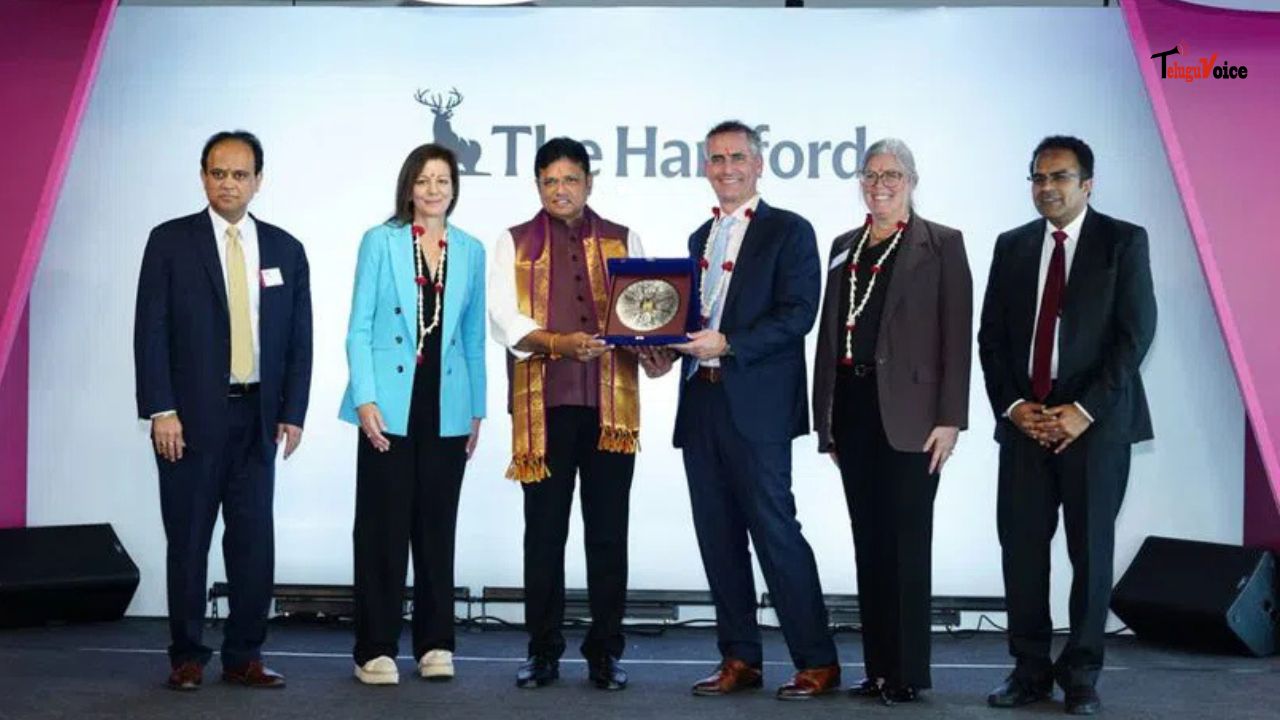H1-Challenges

In-house projects
There is a very high rate of denial for in-house petitions and end client petitions where the project work is being done in-house. In-house petitions are also triggering H-1B pre-approval site visits which were very rare in the past. Proof of revenue, invoices, user subscriptions agreements are being requested by USCIS in RFE’s for In-house projects.
Rejection of Blanket PO
Blanket PO was used by IT consulting companies to file multiple H-1B petitions for a single project. It is very hard for an IT consulting company to file H-1B petitions in April and predict the number of H-1B approvals and H-1B denials in October. So, an IT consulting firm would file a greater number of petitions than required for a project and move excess IT consultants to other projects after filing amendments.
Now USCIS wants an exact number of H-1B petitions and beneficiaries to be mentioned in the Purchase Order or Work Order and every individual beneficiary needs to have an individual end client letter. This is preventing larger IT consulting companies who are direct vendors to end clients from filing a higher number of H-1B petitions.
H-1B transfer issues
IT Consultancies are suffering from an employee attrition rate of 20-30% per year due to H-1B denials, zero intake of new H-1B consultants from India and vendors not accepting OPT resumes. H-1B transfers were used to counter this attrition rate by IT consultancies for a long time.
Now H-1B transfers have become very difficult due to the end client letter requirement and disclosure of the Master Service Agreement and Work Order between the end client and implementation partner.
STEM OPT to H-1B denials
I-983 STEM OPT – H1B annual quota petitions are being denied by USCIS stating that there is no supervisor who is an employee of the IT consultancy at the end client site and other training requirements for I-983 STEM OPT candidates are not being met.
The 2019 H-1B quota pre-registration rule favor master’s students but the irony are that USCIS is denying I-983 OPT to H-1B quota petitions at a higher rate.
Blanket Subpoena
It has become a common practice for vendors to collect H-1B copies and other immigration-related documents. USCIS and ICE are issuing a blanket subpoena (I-138) to vendors for all immigration documents collected by them. If any consultancy owner has knowingly or unknowingly sent a false H-1B copy to the vendor there are at grave risk.
High Chance of Recession
There is a high chance of recession anytime. The stock market is very volatile and inventory of unsold houses in increasing rapidly. With level 2 wages it is hard to maintain bench period for even 3 months.
Increase of wages by DOL on July 1st every year
USCIS is giving only one-year extensions for H-1B Petitions filed by IT consulting companies in most of the cases. DOL is now cornering these H-1B Employers by increasing wages between $4,000 to $10,000 on July 1st of every year.
Revision of the specialty occupation definition in 2019
A rule is in the federal register to revise the definition of specialty occupation to increase focus on obtaining the best and the brightest foreign nationals via the H-1B program and revise the definition of employment and the employer-employee relationship.
This would result in the denial of more H-1B initial petitions and extension for IT consulting companies.
Delay in Vendor Payments
The normal payment terms for a vendor payment is net 45. If a consultant works from Jan 1st to Jan 31st the invoice is raised by Feb 7th and the vendor sends the first payment by March 21st.
However, vendors are delaying payments due to their own cash flow problems. The payments are sometimes getting delayed to net 60 or net 90. This is causing IT consultancies to pay extra interest on the line of credit.
Shrinking profit margins
With Level 2 wages, 80/20 percentage sharing, 6.5% Social security, 1.45% Medicare, 1% state unemployment insurance, 1% business liability insurance 0.25% payroll processing charges, 0.75% line of credit interest, office rent, HR manager salary, overseas marketing team costs, high chances of recession it is no longer lucrative to run an IT consulting company with less than 35 employees.
Most business lines of credit and a business credit card are secured by the consultancy owners personal guarantee and the owners are liable to pay with their personal funds or personal properties in the event of bankruptcy or default on a business line of credit or business credit card. Some entrepreneurs would like to spend their lives fighting for their businesses.
Source: greatandhra.com

 South Africa tour of India 2019
South Africa tour of India 2019










Comments